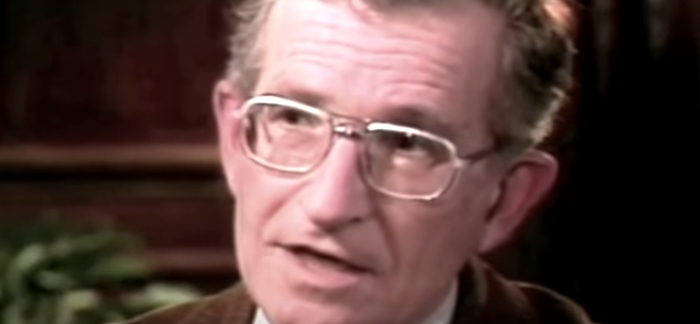The term direct democracy might be confusing to some, as it can be difficult to realize the difference between the democracy that most of us are accustomed to living in and one that is more direct in nature. Direct democracy takes place when the citizens of a nation are essentially rewarded with complete and full autonomy, no questions asked.
They are able to discuss and decide on their own fate among each other and present their case directly to the governing body that is currently in charge. Those who present their problems and concerns to the governing body are able to do so without any fear. To some, this sounds like a great system, while others see this form of government as a ticking time bomb.
In order to truly understand direct democracy, one must know more about the pros and cons before proceeding. Let’s take a closer look at the advantages and disadvantages.
List of Pros of Direct Democracy
1. Increased Cooperation and Togetherness As a Society
Certain forms of government essentially stifle their populations and do not wish to hear their thoughts, opinions and feelings about any topic. In a direct democracy, people who have issues with the way the society is being cared for have a venue to express themselves directly and they are not made to fear any sort of retribution from the government bodies they speak about.
Allowing a population to express themselves in a manner that is free and open gives ideas more of a chance to flourish. Even if the person or persons’ complaint is not rectified, having an open forum to discuss these opinions leads to a decrease in civil unrest. Having a voice that is heard makes a person feel much more valued.
2. More Responsibility Taken By Government Bodies
A government is less apt to duck and dodge concerns about their decision making acumen and performance when citizens can speak to them directly. Lying or misleading the people of a nation becomes much more difficult when the people have a voice to use. Other democracies rely on a government body to speak on behalf of the people, whereas a direct democracy gives this message a chance to ring through loud and clear.
By creating a direct line of communication between the working class and the government, this reduces the chances of the message of the proletariat being misconstrued. Communication between government bodies and citizens often turns into a bizarre game of telephone and the message is not received in its intended manner. This issue is eliminated with a direct democracy.
3. Unparalleled Levels of Transparency
It is hard to find another form of government that allows for a higher level of transparency between its people and the governing bodies. In order for a modern society to reach its true potential, the opinions and thoughts of citizens must be considered, in a manner that is not patronizing or condescending.
When the population of a nation can communicate in a way that is not manufactured or diluted, a greater bond develops. This is due to an increased level of trust.
List of Cons of Direct Democracy
1. More Disagreements
Any time people are allowed to express themselves in a more open forum, a myriad of disagreements will arise. While an open exchange of ideas helps to better a society, there are many who do not see these exchanges in shades of gray, but would rather view things through a black and white prism.
Nuance is often lost when discussions are had on a larger scale and for all of direct democracy’s advantages, this is a problem that is very difficult to address. Some voices are heard louder than others and depending upon the content of their words, this can be a very good thing or a very bad thing.
2. Does Not Guarantee Public Involvement
People do not always exercise their voice or speak out because they are given the right to do so. Direct democracy assumes that everyone will speak out, but it does not take into account that many people are either indifferent when it comes to the issues that affect their society or that they may still be afraid to speak out, for fear of having disagreements.
Unless the entire public decides that they wish to have their opinions heard, then direct democracy does not achieve its desired goal. Instead, a select few end up dominating the conversation and what was supposed to be a direct democracy ends up evolving into a more traditional one, the exact opposite of what was intended.
3. Decisions Are Not Made As Easily
When everyone is allowed to have a voice, it is much harder to make decisions. A direct democracy aims to provide a voice to those who do not have one of their own, but what happens when two factions have a vocal disagreement? This puts a screeching halt to the decision making process and keeps a government from running as smoothly as its leaders would like.
A direct democracy struggles when there is a lack of consensus. Since most decisions will typically leave one side of the equation unhappy, it is hard to make any. Otherwise, a government risks being forced to listen to the unhappy faction’s complaints until they reverse their decision. This leads to increased trepidation during the decision making process and makes it much harder to effect meaningful changes over the long haul.




